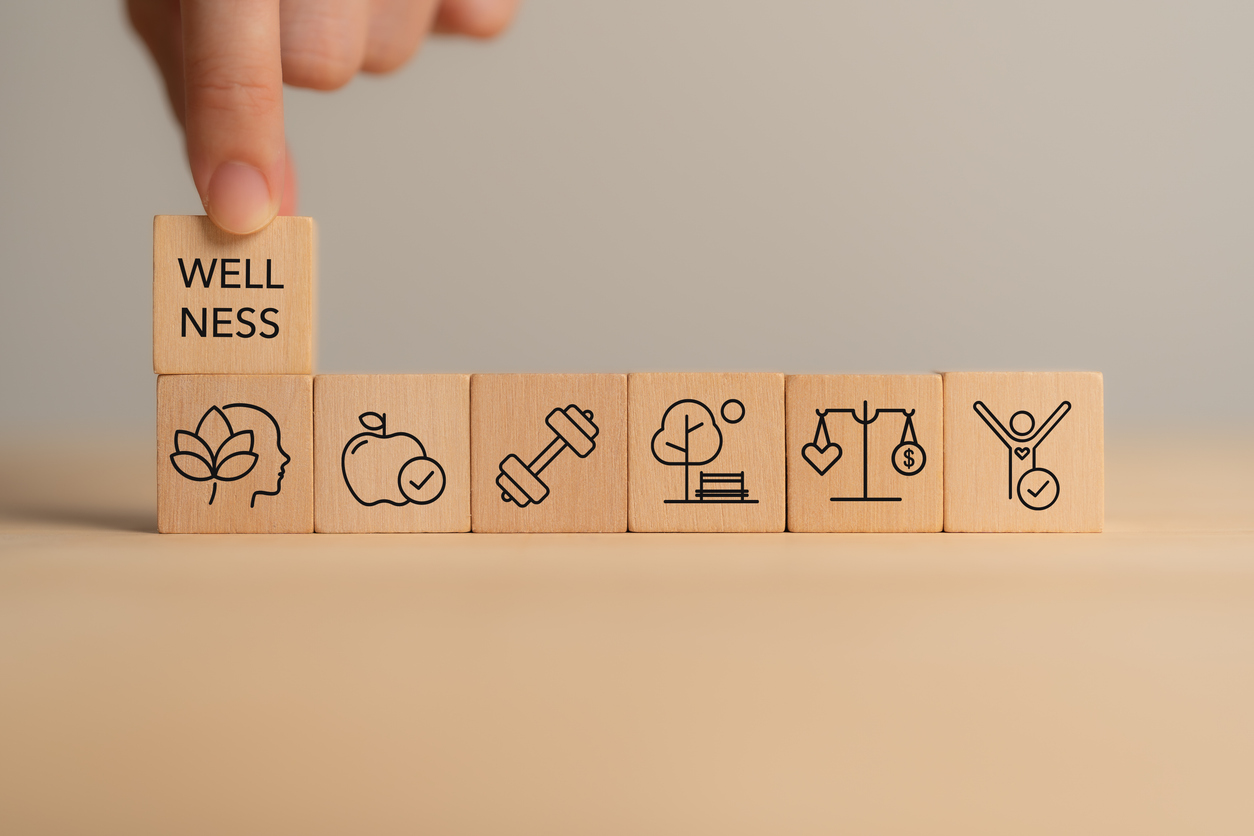
For educators, spring break is a well-deserved time before the final push to the end of the school year. After months of lesson planning, grading, and supporting students, educators deserve a well-earned break. This time away from the classroom is the perfect opportunity to prioritize self-care and recharge before finishing the school year strong. Here are five self-care activities teachers can do over spring break to rest, refresh, and rejuvenate.
1. Disconnect from Work
It can be tempting to use spring break to catch up on lesson planning, grading, or professional development. However, setting clear boundaries is crucial for true relaxation. Try setting an out-of-office email response and silencing work notifications. Give yourself permission to step away from school-related responsibilities and focus on activities that bring you joy and relaxation. This might mean putting work-related apps on your phone in an inaccessible folder for the week or designating specific “work-free” zones in your home. By truly unplugging, you allow your mind to reset and recharge, making it easier to return to work feeling refreshed and motivated!
2. Indulge in Restorative Sleep
Educators often operate on little sleep due to early mornings and late-night grading sessions. Spring break is a great time to reset your sleep schedule. Try to go to bed early, sleep in, or take guilt-free naps. Quality sleep improves mood, cognitive function, and overall well-being, helping you return to school feeling refreshed and energized. Consider creating a bedtime routine that includes relaxing activities such as reading, meditation, or drinking herbal tea. If possible, limit screen time before bed to enhance sleep quality. By prioritizing rest, you’ll improve not only your energy levels but also your ability to handle the challenges of the classroom.

3. Spend Time Outdoors
After spending so much time indoors, getting outside can be incredibly beneficial for mental and physical health. Whether it’s a walk in the park, hiking a scenic trail, or simply sitting on the patio with a good book, fresh air and sunshine can do wonders for stress relief. Consider exploring a new outdoor spot or engaging in a relaxing activity like gardening to reconnect with nature. Research shows that spending time in nature can lower cortisol levels, improve mood, and enhance overall well-being. You might also consider outdoor yoga, biking, or having a picnic with loved ones. The goal is to step away from screens, breathe in the fresh air, and allow nature to help you reset.
4. Engage in a Hobby or Passion Project
Teaching can be all-consuming, leaving little time for personal interests. Use spring break to rediscover hobbies you love—whether it’s painting, writing, cooking, playing music, or even trying something new. Engaging in activities you’re passionate about is a great way to boost creativity, reduce stress, and find fulfillment outside of work. If you’ve been meaning to start a DIY project, join a new class, or work on a creative endeavor, now is the perfect time. Hobbies are not just for fun; they can provide a meaningful escape and a sense of accomplishment. By dedicating time to something you love, you remind yourself that you are more than just your job.
5. Prioritize Self-Care and Wellness
Take this opportunity to focus on your mental, emotional, and physical well-being. Schedule a spa day, practice yoga, meditate, or enjoy a relaxing bath. Nourish your body with healthy meals and stay hydrated. If you’ve been meaning to schedule a doctor’s appointment or therapy session, now is a great time to prioritize those needs without the rush of a busy school schedule. Self-care can also mean setting healthy boundaries, practicing gratitude, or journaling to reflect on your experiences and emotions. Consider engaging in self-reflection activities that help you gain clarity on your goals and aspirations. Whether it’s treating yourself to a massage, indulging in a good book, or spending quality time with family and friends, remember that self-care is essential for your overall well-being.
Final Thoughts
Spring break is a time to relax and recharge. By disconnecting from work, catching up on sleep, enjoying the outdoors, pursuing hobbies, and prioritizing self-care, educators can return to the classroom with renewed energy and enthusiasm. Remember, taking care of yourself isn’t selfish—it’s essential for being the best educator you can be! Investing in self-care now will help you finish the school year strong and set the stage for long-term well-being.
What’s your favorite way to practice self-care during breaks? Share your thoughts in the comments below!
Learn about the ways Social Studies School Service can support your professional development
This listicle has been created by the team at Social Studies School Service. It has been edited for clarity and length.
